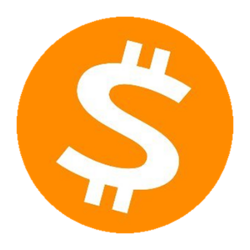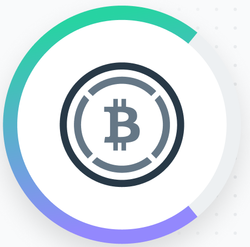Let this post be your introduction to blockchain security and how to keep your coins secure and avoid getting scammed while navigating the world of crypto and web3.
Taking steps and precautionary measures to protect your digital assets from theft and fraud are important when it comes to navigating crypto. Storing your private keys securely, interacting safely with dApps and smart contracts, and avoiding scams are all critical components of personal blockchain security. We’ve compiled a list of some of the best practices that can help ensure the safety and security of your digital assets so you can explore crypto and web3 with confidence.
This basic guide will help you keep your coins secure by protecting your private keys, interacting with dApps safely, and taking steps to avoid scams.

Personal blockchain security is essential in the cryptocurrency world, and it is important to understand how to protect your digital assets from theft and fraud. In this post, we will explore the best practices for personal blockchain security, including how to store private keys, how to interact safely with dApps and smart contracts, and how to avoid scams.
Make sure you check out these steps and follow them if you want to keep your digital assets safe.
Before We Get Started…
A private key is a long string of characters that allows you to access your digital assets on the blockchain. It is important to keep your private key secure to prevent unauthorized access to your funds. There are several ways to store your private keys, including on paper, digitally, or with a hardware wallet.
Storing Private Keys: Not Your Keys, Not Your Crypto
A private key is a long string of characters that allows you to access your digital assets on the blockchain. It is important to keep your private key secure to prevent unauthorized access to your funds. There are several ways to store your private keys, including on paper, digitally, or with a hardware wallet.
Paper Wallets
One of the safest ways to store your private keys is on paper. You can generate a paper wallet by using a website or software that allows you to create a random private key and corresponding public address. You then print out the private key and store it in a secure location, such as a safe or a safety deposit box. It is important to keep the paper wallet safe from fire, water damage, and theft.
Digital Storage
Digital storage of private keys can be risky if not done correctly. You can store your private keys on your computer, mobile device, or in the cloud. However, these methods are vulnerable to hacking and malware attacks. If you choose to store your private keys digitally, it is important to use a secure and reputable wallet provider and to enable two-factor authentication.
Hardware Wallets
Hardware wallets are physical devices that store your private keys offline, making them much more secure than digital storage. They come in various forms, such as USB drives or small handheld devices, and they are designed to be used with a computer or mobile device. To access your funds, you simply connect the hardware wallet to your device and enter your PIN or passphrase. Some popular hardware wallet brands include Ledger, Trezor, and KeepKey.
There are benefits and drawbacks to using each type of wallet. Some offer ease of access while compromising on security a bit, others are heavier on security, but are more difficult to use. The important thing is to select the best type of wallet for your use case to keep your crypto secure.
Interacting With dApps and Smart Contracts: Always Proceed with Caution
Decentralized applications (dApps) and smart contracts are becoming more popular on the blockchain, but they can also be a source of security risks. Here are some tips for interacting safely with dApps and smart contracts:
Research
Research the dApp or smart contract before using it. Look for reviews, ratings, and feedback from other users.
Wallet Security
Use a trusted wallet provider. Some dApps and smart contracts may require you to connect your wallet to their platform. Make sure you are using a secure and reputable wallet provider.
Review the Contract
Check the smart contract code. Smart contracts are code-based, and errors or vulnerabilities can result in significant losses. Review the code or seek the advice of a professional if you are not confident in your ability to do so.
Use Caution
Use caution when entering your private key or signing. Some dApps and smart contracts may require you to enter your private key or wallet signature to access your funds. Make sure you are on a secure and trusted platform before entering your private key.
How to Avoid Scams
Scammers are prevalent in the cryptocurrency world, and it is important to be vigilant to avoid falling victim to their schemes. Here are some basic tips for avoiding scams:
Be wary of unsolicited offers. Scammers may try to entice you with offers that seem too good to be true. If it sounds too good to be true, it probably is.
Do not share your private key. Never share your private key with anyone, and do not enter it into any website or platform that you do not trust.
Use caution when clicking links on Twitter, Discord, Telegram, or any other platform you use to interact with other people in the space. Scammers may even send phishing emails or create fake websites that look legitimate. Always check the URL and verify it is the correct URL for the site or dApp you want to interact with before entering any sensitive information.
Use two-factor authentication. Two-factor authentication adds an extra layer of security to your account. Make sure you enable it on all of your accounts.
Conclusion
Personal blockchain security is essential in protecting your digital assets from theft and fraud. Storing your private keys securely, interacting safely with dApps and smart contracts, and avoiding scams are all critical components of personal blockchain security. By following these best practices, you can help ensure the safety and security of your digital assets on the blockchain. Remember to always be vigilant and cautious when navigating the world of crypto, and seek professional advice if you are unsure about any aspect of blockchain security.

































































































